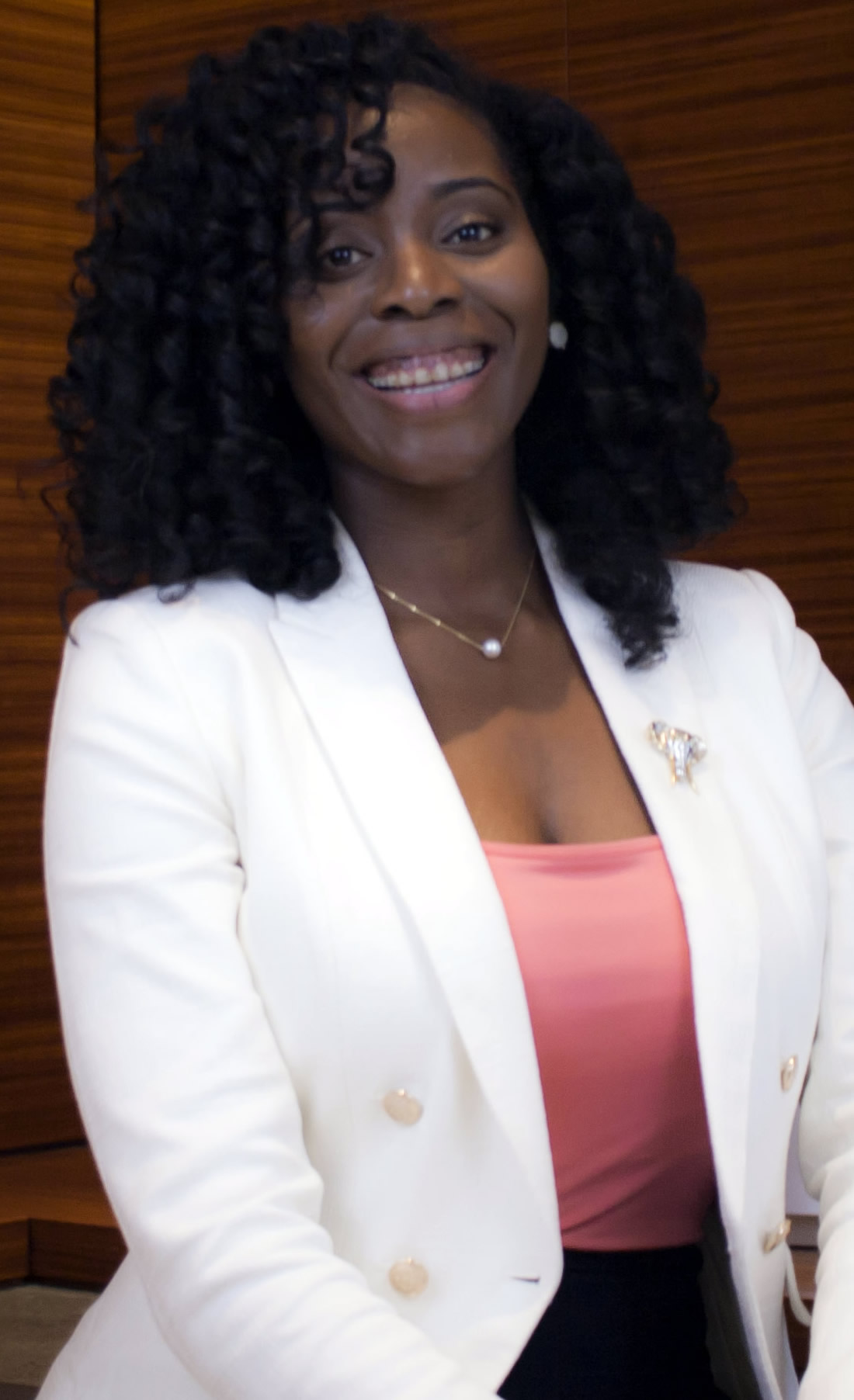Embracing Our Shared Responsibility Toward Change
By Chynna A. Phillips, Research & Policy Director, Sisters of Charity Foundation of SC

Last month, Sisters of Charity Foundation ("the Foundation") released our research brief: South Carolina: Structural Factors Associated with Poverty ("Study") detailing the many systemic barriers to those experiencing poverty.
This Study, done in partnership with the Rural & Minority Health Research Center at the University of South Carolina, revealed many shocking statistics reflecting the realities many see in their daily lives.
Whether it’s gender pay inequity, persistent child poverty, or the continuous racial disparities that show up in each and every section of this vast document, nonprofit leaders are in a unique position to rectify the problems presented.
In 1964, Rev Martin Luther King Jr. stated that, “There is nothing new about poverty. What is new, however, is that we have the resources to get rid of it.” These words were shared during his Nobel Peace address.
On the subject of poverty, he later stated:
“Some forty million of our brothers and sisters are poverty-stricken, unable to gain the basic necessities of life. And so often we allow them to become invisible because our society’s so affluent that we don’t see the poor. Some of them are Mexican Americans. Some of them are Indians. Some are Puerto Ricans. The vast majority are Negroes in proportion to their size in the population.” Martin Luther King, Jr.’s 1967 address to the Hungry Club Forum, at Atlanta's Butler Street YMCA.
This declaration by King, that we had the sufficient tools to end a complex problem like poverty, came over 50 years ago! Yet, the heartbreaking reality is that his words still reign true.
The conversations we are now having, they are not new.
The Foundation's Study shared that in 2018 43% of South Carolinians living in poverty identified as Black or African American; yet Blacks comprised only 27% of our population. This is one of many racial disparities highlighted.
But what happens to a person or a society when the very problems presented are ones that have been discussed for decades or hundreds of years?
What is needed to ensure that these issues are addressed?
Every year in February, there are programs created, blogs written, and we celebrate the beauty of Blackness. We outline the many contributions to society made by Black leaders, but also enlighten the public on the many disparities that still exist.
But come March, many of us slip back into our routines shaped by the norms of society. The very same norms that far too often perpetuate the systems or problems we dreamed of rectifying while attending the many thought-provoking Black History Month events.
I say this not to dismiss the decades of progress made by activists and civil rights leaders where a speech served as a catalyst toward change, but rather to highlight the personal responsibility we all have toward change.
There are many examples of things that can be done throughout our daily lives to push back and advocate for a world where everyone thrives.
Whether personal or organizational, there is a role for each of us to play in our path toward progress. Together SC stands ready to help you identify your role.
For nonprofit leaders of color, Together SC’s Black Nonprofit Leaders Group aims to create intentional, continuous spaces of healing for black, indigenous and other people of color. We realize that sometimes the most radical actionable step can be to prioritize one’s mental health.
I can confidently share that even before this global pandemic, for many minorities and those experiencing poverty, simply existing, has long been mentally, physically, and emotionally taxing.
That's why the February 26th Black Nonprofit Leaders Symposium will focus on building effective mentorships for leaders of color. Join us.
Here's another option for philanthropic leaders. On February 17, Together SC, SC Grantmakers Network and the United Way Association will host Philanthropic Partners Discussion: Moving Communities Out of Poverty. Building upon the Foundation's Study, speakers will explore critical data on the condidtions of poverty in our state, detail the many barriers to those experiencing poverty, highlight examples of how communities are addressing these barriers head-on, and offer a space for cross-learning for all attendees. Come ready to identify the role your organization can play in addressing barriers!
By the way, the continued collaboration of these three organizations in itself gives me hope. Their commitment to working together on complex issues not only honors our shared humanity but also the countless trailblazers who sacrificed their lives in hopes for a better future for all of us.
My hope is that participating in these learning opportunities and reading our Study will inspire you and your organization to seek real understanding of the racial inequities that exist in South Carolina and embrace our shared responsibility toward change.
Let's make Black History Month just the beginning.
Let's make this our life's work.
I look forward to partnering with you.
……
Chynna A. Phillips is the Research and Policy Director at the Sisters of Charity Foundation of South Carolina is a ministry of the Sisters of Charity Health System. Founded in 1996, their mission is to address the needs of families and individuals experiencing poverty throughout the state of South Carolina. Through the strategic use of resources, they seek to reduce poverty through action, advocacy, and leadership.
Chynna can be reached at: cphillips@sistersofcharitysc.com
